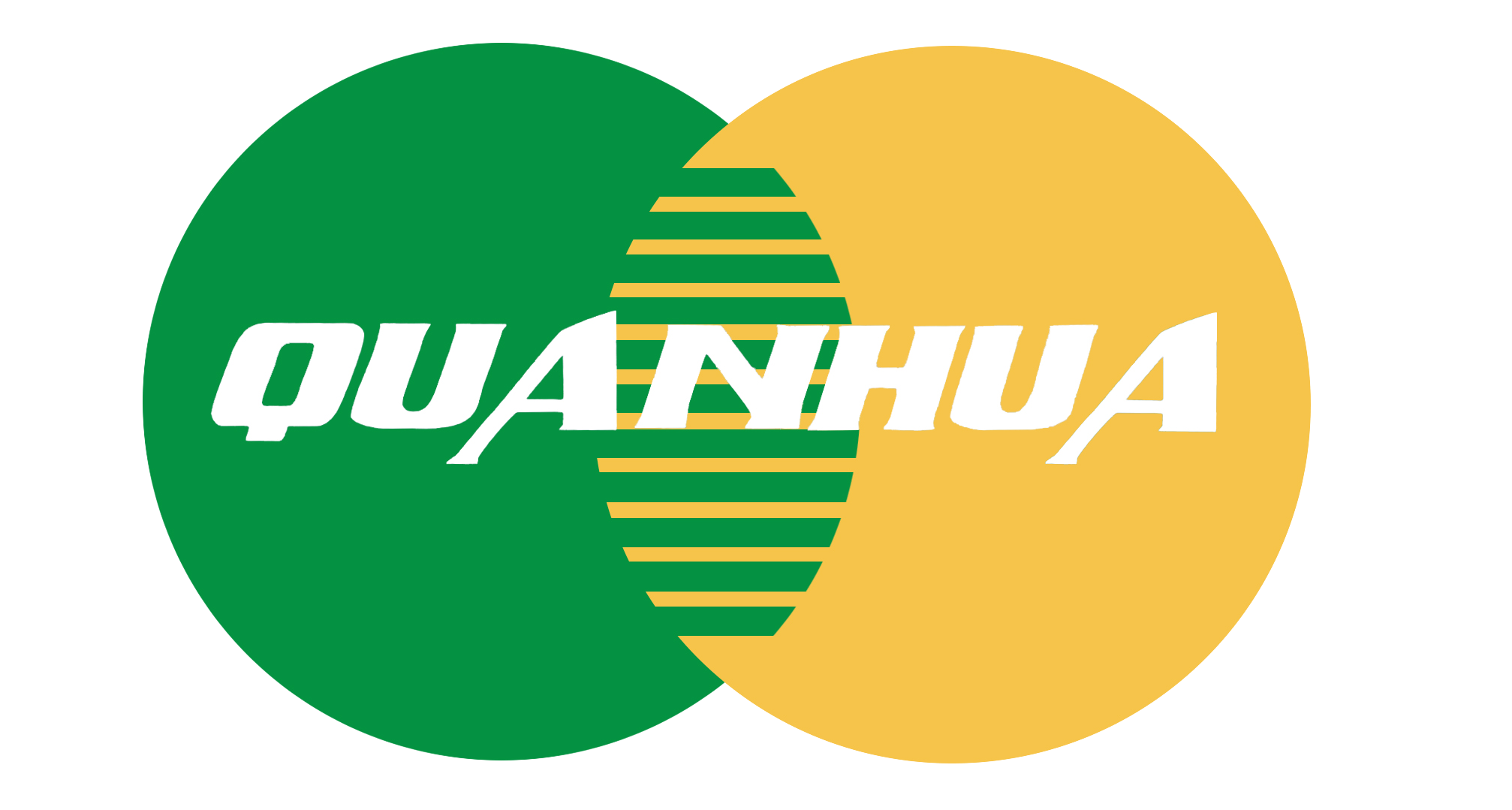Everything You Need to Know About Biodegradable Disposable Forks: Embracing an Eco-Friendly Lifestyle
In today's environmentally conscious world, individuals and businesses alike are increasingly seeking sustainable alternatives to everyday products. Disposable forks, a staple in kitchens, parties, and food service establishments, are no exception. Biodegradable disposable forks offer an eco-friendly solution, reducing the environmental impact associated with traditional plastic forks.
Understanding Biodegradable Disposable Forks
Biodegradable disposable forks are made from materials that can break down naturally over time through biological processes. This means that they do not persist in the environment as harmful plastic waste, contributing to a cleaner and healthier planet. Common materials used for biodegradable disposable forks include:
Wood: Derived from renewable bamboo or birch trees, wooden forks offer a natural and sustainable option.
Plant Starch: Extracted from corn, sugarcane, or other plant sources, plant starch-based forks are compostable and biodegradable.
Paper: Made from recycled paper or sustainably sourced wood pulp, paper forks are a lightweight and eco-friendly choice.
Advantages of Biodegradable Disposable Forks
The use of biodegradable disposable forks presents several compelling advantages over traditional plastic forks:
- Environmental Friendliness:
Biodegradable forks decompose naturally, reducing landfill waste and minimizing the environmental impact associated with plastic pollution.
- Resource Conservation:
Many biodegradable forks are made from renewable resources, such as bamboo or plant starch, promoting sustainable forestry and agricultural practices.
- Compostability:
Biodegradable forks can be composted, converting them into nutrient-rich soil amendment that nourishes plants and reduces reliance on chemical fertilizers.
- Healthier Alternative:
Biodegradable forks made from natural materials are generally considered safer than plastic forks, which may leach harmful chemicals into food or the environment.
- Enhanced Brand Image:
Adopting biodegradable disposable forks demonstrates a commitment to environmental sustainability, enhancing a company's brand image and appealing to eco-conscious consumers.
Making Informed Decisions for an Eco-Friendly Lifestyle
As an environmentally conscious individual or business owner, choosing biodegradable disposable forks is a step towards a more sustainable future. Consider these factors when making your decision:
Material: Evaluate the type of biodegradable material used, considering factors like durability, compostability, and source sustainability.
Cost: Compare prices of biodegradable forks to traditional plastic forks, keeping in mind the long-term environmental benefits.
Availability: Ensure the availability of biodegradable forks in your area and from reliable suppliers.
Disposal Options: Verify local composting facilities or waste management practices to ensure proper disposal of biodegradable forks.
Conclusion
Biodegradable disposable forks offer an eco-friendly alternative to traditional plastic forks, promoting sustainability and reducing environmental impact. By understanding the advantages, making informed decisions, and considering disposal options, individuals and businesses can contribute to a cleaner and healthier planet. Embracing biodegradable disposable forks is a simple yet significant step towards an eco-friendly lifestyle.

